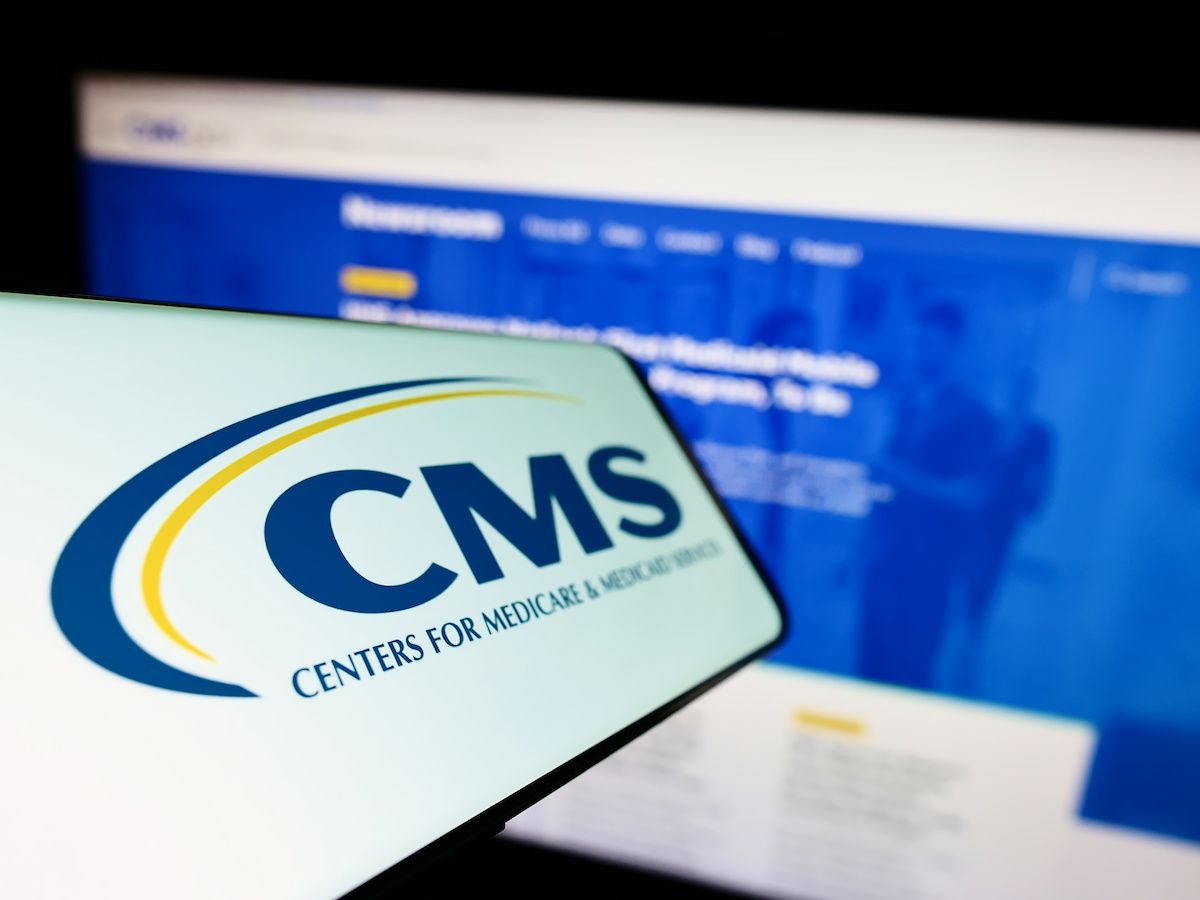Article
Coding Cues
Answers to your questions about...ABN modifiers; home visits; E-codes
ABN modifiers
Is there a way to indicate to a Medicare carrier that a patient signed an Advance Beneficiary Notice (ABN)?

When you perform a procedure or service that Medicare never covers, you don't need to get an ABN. In such cases, you should report the appropriate CPT code for your services with modifier –GY (item or service statutorily excluded or does not meet the definition of any Medicare benefit) appended. Medicare will generate a denial notice for the claim, and then you can bill the secondary payer or the patient.
If you believe that Medicare will reject your claim, but you failed to have the patient sign an ABN, append modifier –GZ (item or service expected to be denied as not reasonable and necessary) to the service's CPT code.
Home visits
I want to make house calls for a few patients. How should I bill these visits?
Use a code from the 99341-99345 series for home services provided to a new patient or a code from the 99347-99350 series for a home visit to an established patient. Remember to use 12 as the place of service code.
If you're seeing a Medicare patient at home, he doesn't have to be confined to his home as is necessary for services provided under the home health benefit, but the record must support a medically necessary reason for the home visit in lieu of an office visit.
For example, the patient may be blind, a paraplegic or in severe pain and unable to travel without assistance. The reason can't be convenience, though. For instance, you can't make a home visit just because the patient can't get transportation.
Private insurers may have their own guidelines for home visits, so check with them before you set up a billing policy for these services.
E codes
Some of our insurers require E codes following an accident, but others don't. What are these codes and how should I add them to my claims?
E codes describe external causes of injuries or accidents. They range from the common (E880.1, fall on or from sidewalk curb) to those far less likely (E847, accidents involving cable cars not running on rails). They help the carrier understand how the patient was injured. Correct coding requires you to report this added information because you should code an encounter as specifically as possible. These codes also support the work-related nature of certain injuries to differentiate workers' compensation care from nonworkers' comp care.
E codes don't change your payment amount because they're really for informational purposes only. You should never report an E code instead of a diagnostic code to describe an injury or as your primary diagnosis. Instead, list it after the main diagnosis.

This information is adapted from material provided by The Coding Institute. For a free sample issue or information on how to subscribe to any of 29 specialty-specific coding newsletters, please contact The Coding Institute, 2272 Airport Road South, Naples, FL 34112; phone 800-508-2582; fax 800-508-2592; or visit http://www.codinginstitute.com





